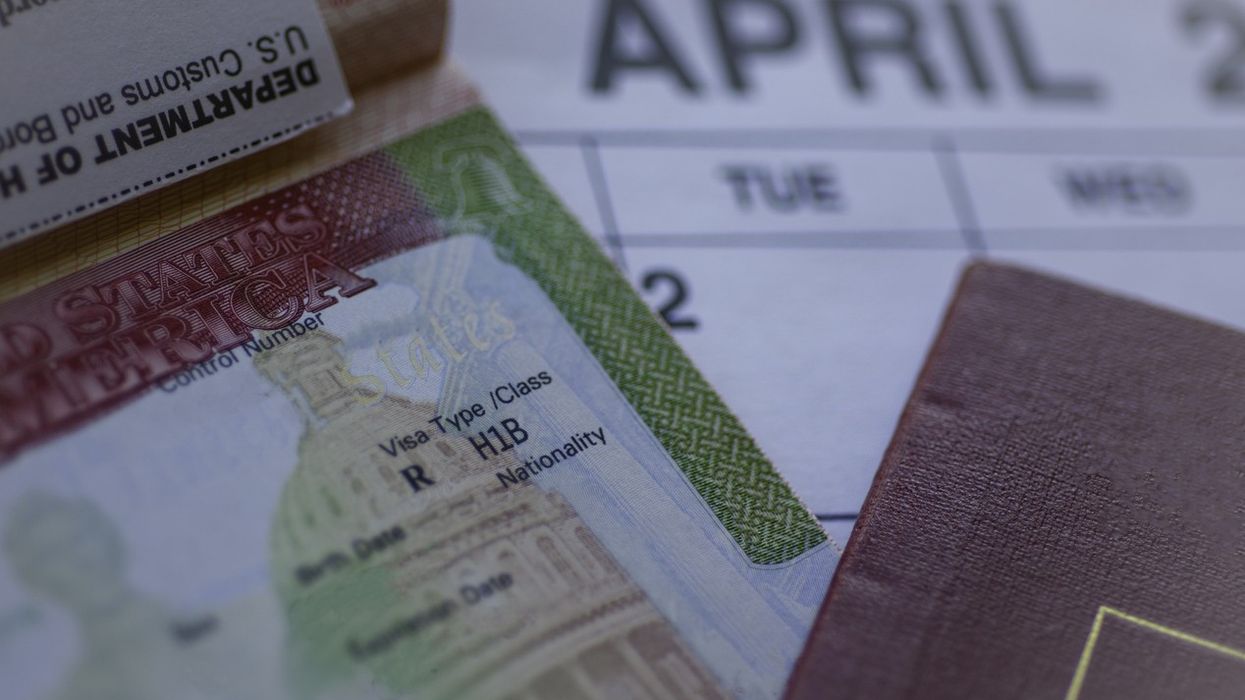Highlights:
International student enrollment in the United States has been steadily declining, with many attributing the drop to tighter immigration and visa regulations enforced under the Trump administration. As global competition for students intensifies, U.S. policymakers are revisiting long-standing visa rules that shape the experiences and decisions of foreign students. A new proposal, the DIGNITY Act of 2025, has brought renewed attention to the widely criticized ‘Intent to Leave’ rule and its impact on F-1 visa applicants.
Introduced by Congresswomen María Elvira Salazar and Veronica Escobar, along with a bipartisan group of 20 lawmakers, the DIGNITY Act of 2025 aims to reform several aspects of immigration policy. One of its key features is the proposed repeal of the “Intent to Leave” requirement for international students.
Under the current visa system, prospective F-1 applicants must demonstrate non-immigrant intent, which means they must convince officers they plan to return to their home country after finishing their studies. This frequently includes proving strong ties, such as family obligations or property ownership, that indicate they do not intend to remain in the US permanently.
For many students, especially young applicants who may not own property or have established careers, meeting this requirement becomes challenging. Visa denials often occur when candidates fail to sufficiently prove their intent to leave, even when their academic qualifications are strong.
The proposed repeal would remove this criterion from the evaluation process, preventing officers from rejecting an application solely based on doubts about the student’s future migration intentions. Supporters believe this change could make the U.S. a more accessible and welcoming destination for global talent.
However, the potential benefits of eliminating the ‘Intent to Leave’ rule may be offset by another significant development. The Department of Homeland Security (DHS) has proposed revisions that would shift F, J, and I visa holders from the long-standing “duration of status” framework to a fixed-term admission period.
Under the current duration-of-status system, international students may stay in the US as long as they maintain their student status, providing flexibility when academic programs extend or research timelines vary.
The new proposal would instead impose a predefined admission period. Once this period expires, students would either need to apply for an extension, transfer to another program, or leave the country, regardless of whether their academic commitments are complete. Critics argue that this could create uncertainty, administrative burdens, and potential disruptions for students pursuing longer programs, research-based degrees, or those facing unavoidable delays.
While the DIGNITY Act would remove one barrier by making visa acquisition more straightforward, the fixed-term proposal could introduce logistical constraints that complicate the overall student experience. Importantly, even if the ‘Intent to Leave’ rule is repealed, students who wish to remain in the US after completing their studies must still qualify for employment-based visas, such as H-1B, or other relevant immigration pathways.
As discussions continue in Congress and among federal agencies, international students and universities are closely watching how these proposed changes may reshape the U.S. higher education landscape, either reviving its appeal or adding new challenges to an already complex system.
















